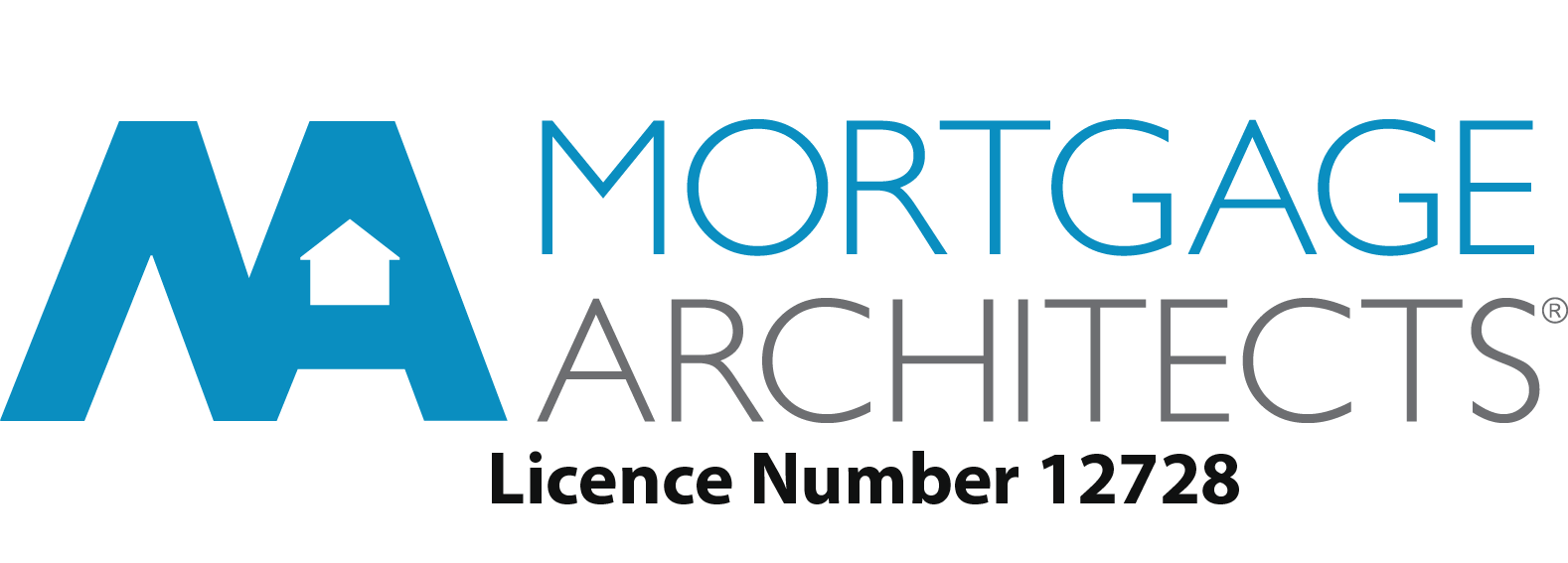When it comes to securing a mortgage, choosing the right mortgage company is crucial.
In Canada, mortgage companies must be licensed to operate legally and ensure consumer protection. However, unlicensed mortgage companies do exist, posing significant risks to borrowers.
Identifying and avoiding these unlicensed entities is essential to protect your financial well-being and avoid potential scams.
Unlicensed mortgage companies often operate without oversight, increasing the chances of unethical practices and financial losses.
This article will guide you through the key signs to watch out for and provide steps to verify a mortgage company’s license.
By the end, you’ll be better equipped to make informed decisions and safeguard your investments.
Mortgage Licensing in Canada
In Canada, mortgage licensing is a critical regulatory requirement designed to protect consumers and ensure that mortgage companies operate ethically and transparently.
Licensing ensures that mortgage brokers and lenders meet specific educational, professional, and ethical standards.
Regulatory Bodies Overseeing Mortgage Licensing
Mortgage brokers and companies in Canada are regulated by provincial and territorial authorities.
Each province has its own regulatory body that oversees licensing and enforces compliance.
Some of the key regulatory bodies include:
- Ontario: Financial Services Regulatory Authority of Ontario (FSRA)
- British Columbia: BC Financial Services Authority (BCFSA)
- Alberta: Real Estate Council of Alberta (RECA)
- Quebec: Autorité des marchés financiers (AMF)
These bodies ensure that mortgage professionals adhere to strict guidelines and maintain their licenses through continuing education and compliance with industry standards.
Importance of Checking for Licensing
Verifying the licensing status of a mortgage company is crucial for several reasons:
- Consumer Protection: Licensed mortgage companies are required to follow regulatory guidelines, which help protect consumers from fraud and unethical practices.
- Legal Recourse: In case of disputes, consumers have legal recourse against licensed companies, which is not the case with unlicensed entities.
- Professional Standards: Licensed mortgage professionals are trained and knowledgeable, ensuring they can provide reliable advice and services.
Before engaging with a mortgage company, always check their licensing status with the relevant regulatory body. This simple step can save you from potential financial losses and legal complications.
Don’t risk your financial future with unlicensed mortgage companies. Reach out to Team Money for professional advice from experienced mortgage specialists you can trust.
Warning Signs of an Unlicensed Mortgage Company
Identifying an unlicensed mortgage company requires vigilance and attention to detail. Here are some warning signs to watch out for:
Lack of License Information
One of the first red flags is the absence of clear licensing information.
Legitimate mortgage companies prominently display their license numbers on their websites, marketing materials, and business cards.
If you have difficulty finding this information, it’s a cause for concern.
Always ask for their license number and verify it with the relevant regulatory body.
Unprofessional Behavior
Unlicensed mortgage companies often exhibit unprofessional behavior.
This can include high-pressure sales tactics, a lack of transparency about fees and terms, and evasive answers to questions about their licensing status.
Professionalism and transparency are hallmarks of a legitimate mortgage company.
Suspicious Online Presence
A company’s online presence can provide valuable insights into its legitimacy.
Warning signs include poor online reviews, a lack of credible website or social media presence, and negative feedback from previous clients.
Check review sites, forums, and social media for feedback from other customers.
Be wary of companies with overwhelmingly negative reviews or no online presence at all.
No Verification with Regulatory Bodies
Legitimate mortgage companies are registered with provincial or federal regulatory bodies.
If you cannot verify a company’s license through these bodies, it’s a significant red flag.
Always use official regulatory websites to check the licensing status of a mortgage company.
Unrealistic Offers
Be cautious of mortgage companies offering deals that seem too good to be true, such as extremely low interest rates or guaranteed approval without proper documentation.
These offers can be bait to lure unsuspecting borrowers into fraudulent schemes.
Legitimate companies will require detailed financial information and provide realistic terms.
Protect yourself from fraud and financial loss. Contact us to consult with our mortgage expert team and secure your mortgage with confidence.
How to Verify a Mortgage Company’s License
Verifying the license of a mortgage company is a critical step to ensure you are dealing with a legitimate and trustworthy entity. Here’s how you can do it:
Check with Regulatory Bodies
Each province in Canada has a regulatory body responsible for overseeing mortgage brokers and companies. Here’s how to check:
Ontario: Visit the Financial Services Regulatory Authority of Ontario (FSRA) website and use their search tool to verify the license of a mortgage company or broker.
British Columbia: Go to the BC Financial Services Authority (BCFSA) website to check the licensing status.
Alberta: Use the Real Estate Council of Alberta (RECA) website to verify licenses.
Quebec: Check the Autorité des marchés financiers (AMF) website for licensing information.
These regulatory bodies provide online databases where you can search by the company or individual’s name or license number.
Request Documentation
A reputable mortgage company should have no issue providing proof of their licensing and credentials.
Request a copy of their license certificate and any other relevant documentation.
Verify these documents with the regulatory body to ensure they are legitimate and up-to-date.
Use Online Resources
Utilize online resources and databases to verify the licensing information.
Websites like FSRA, BCFSA, RECA, and AMF offer search tools to check the status of a license.
Additionally, consumer protection websites and forums can provide valuable insights and reviews from other clients.
Consult Third-Party Verification Services
There are third-party services that specialize in verifying the credentials and licensing of financial institutions.
These services can provide an additional layer of security and ensure that the mortgage company you are considering is legitimate and compliant with all regulatory requirements.
By taking these steps, you can confidently verify the licensing status of a mortgage company and protect yourself from potential fraud and financial loss.
Consequences of Working with an Unlicensed Mortgage Company
Engaging with an unlicensed mortgage company can have serious repercussions. Here are some potential consequences:
Financial Risks
Unlicensed mortgage companies operate without regulatory oversight, which increases the likelihood of fraudulent activities and unethical practices. Borrowers may face:
Scams and Fraud: Unlicensed companies might charge excessive fees, offer unfavorable terms, or even disappear with your money.
Higher Costs: Without regulation, these companies can impose hidden fees and high interest rates, leading to increased financial burdens.
Loss of Funds: In worst-case scenarios, borrowers can lose their deposits or upfront payments if the company is fraudulent.
Legal Implications
Working with an unlicensed mortgage company can leave you vulnerable to legal issues, including:
No Legal Recourse: If you encounter problems, you may have limited or no legal recourse against an unlicensed company. Regulatory bodies typically do not intervene in disputes involving unlicensed entities.
Violation of Laws: Engaging with unlicensed companies might inadvertently put you in violation of mortgage and lending laws, potentially leading to fines or legal penalties.
Impact on Credit
Dealing with an unlicensed mortgage company can negatively affect your credit score and financial health:
Credit Damage: Mismanagement of your mortgage by an unlicensed company can result in missed payments or errors that damage your credit score.
Difficulty in Future Borrowing: A poor credit score and a record of dealing with unlicensed entities can make it challenging to secure loans or mortgages in the future.
What to Do If You Suspect a Mortgage Company Is Unlicensed
If you suspect that a mortgage company is operating without a license, take the following steps:
Report to Authorities
Immediately report your concerns to the appropriate regulatory body in your province.
Provide any evidence you have, such as emails, contracts, and communication records.
This helps authorities investigate and potentially shut down fraudulent operations.
Seek Legal Advice
Consult a legal professional experienced in financial and consumer protection law.
They can advise you on your rights, potential legal actions, and how to recover any lost funds.
Protect Your Information
If you have shared personal or financial information with an unlicensed company, take steps to protect yourself.
This includes monitoring your credit report, changing passwords, and notifying your bank of potential fraud.
Conclusion
Working with a licensed mortgage company is essential for safeguarding your financial future.
By being aware of the warning signs, verifying licenses, and understanding the potential risks, you can protect yourself from unlicensed mortgage companies and make informed decisions.
Always prioritize your due diligence to ensure you are dealing with a legitimate and reputable mortgage provider.


